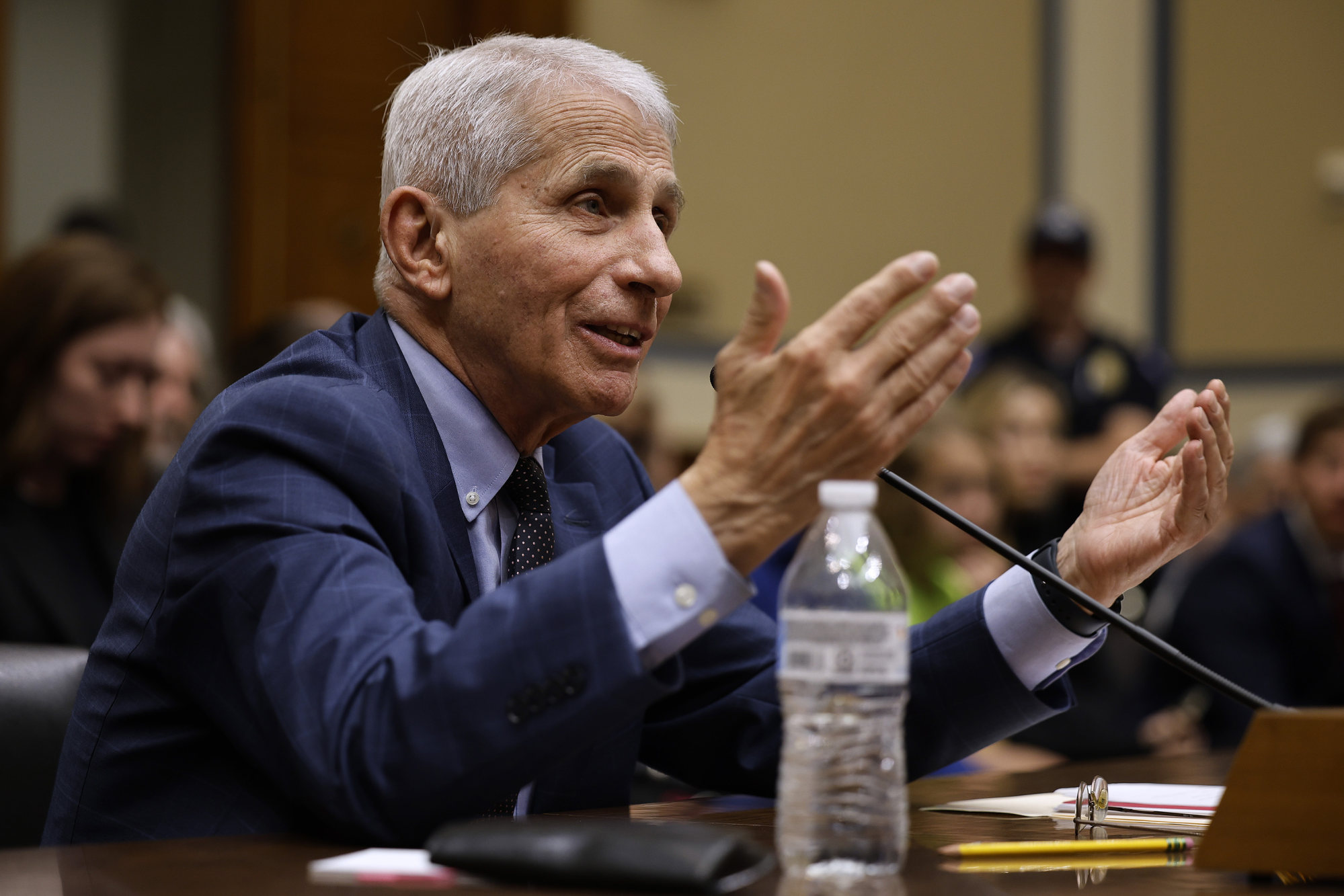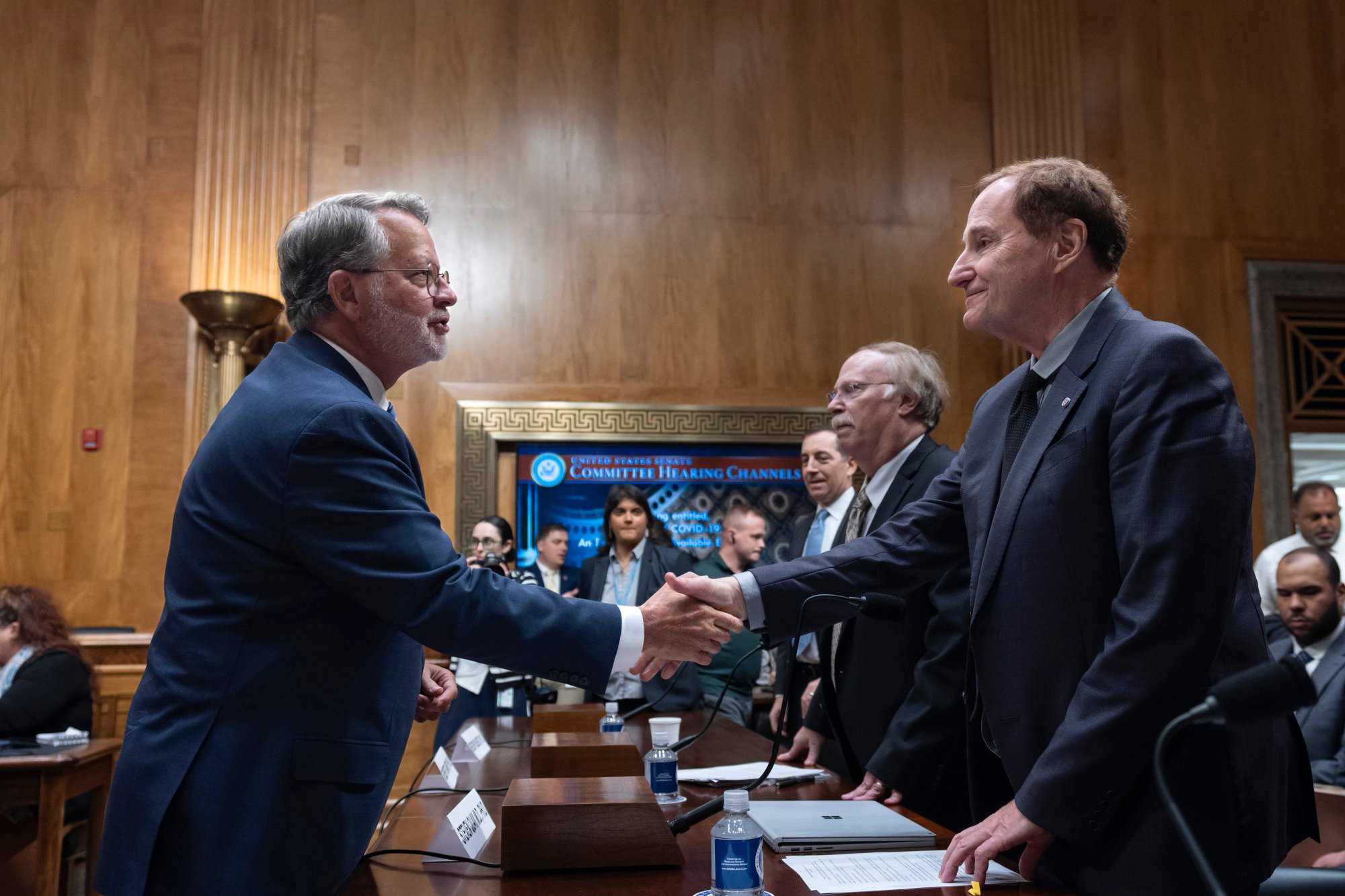“Despite these private doubts, publicly these so-called experts and their allies were dismissing the lab leak theory as a conspiracy,” said Senator Rand Paul, a Republican from Kentucky and ranking member on the committee. Paul also highlighted private comments made by Anthony Fauci, who during the pandemic led the National Institute of Allergy and Infectious Diseases; Francis Collins, then director of the National Institutes of Health; and Kristian Andersen, an evolutionary biologist at Scripps Research and Garry’s co-author on the four-year-old paper.

Garry, in response, said that at the outset of writing the article, he did not rule out three possible pathways: direct spillover from bat to human, spillover from bat to human via an intermediate animal and a leak resulting from a research incident. As more evidence came to light, however, he said it became clear that the spill “happened naturally, likely at the Huanan seafood market in Wuhan, China”, adding that he would continually re-evaluate this conclusion if new evidence came to light.
Tuesday’s hearing, featuring four scientists as witnesses, is the latest in a long line of congressional hearings about Covid-19’s origins, but the first conducted by the Democratic-led Senate.
The panel of scientists convened on Tuesday represented different sides of the Covid-19 origins debate, with two – Steven Quay, CEO of Atossa Therapeutics and former professor at Stanford University, and Richard Ebright, a molecular biologist at Rutgers University – supporting the lab leak theory. Garry and Gregory Koblentz, a biodefence scholar at George Mason University, represented the natural spillover side, with Koblentz noting that a lab-related incident “cannot be ruled out”.
Quay and Ebright also pushed for greater limits on “gain of function” research – a risky type of research often involving tweaking genetic make-up and typically disfavoured by those supporting the theory that the Covid-19 virus was engineered.
“That research creates threats, and those threats are existentially risky threats,” Ebright said. Garry, on the other hand, noted the necessity of the research to developing vaccines and treatments to life-threatening diseases.

Despite the disagreements on display, lawmakers and scientists alike acknowledged that the roots of Covid-19 would never be known with certainty.
Senator Mitt Romney, Republican of Utah, questioned the value of debating the matter if it was impossible to know with absolute certainty.
“Whether it was from a wet market or the Wuhan lab, China’s to blame,” Romney said.
Others said that better answers relied on getting more information from the Chinese government.
“A key obstacle to [a] more definitive conclusion is the lack of transparency exercised by the Chinese government,” said Koblentz, noting that Beijing has not shared the raw data from samples taken from Wuhan.
He added: “Rarely is it possible to identify the exact sequence of events that led to the first human infection that sparked a pandemic.”
Witnesses also proposed a range of actions for Congress to take, including increasing oversight over privately funded research and strengthening the US’s bio-surveillance system.
According to a declassified report released last year, four US intelligence agencies and the National Intelligence Council believe the virus was transferred from animals to humans. The Department of Energy and the FBI support the lab leak theory, the former doing so with “low confidence” and the latter with “moderate confidence”. Two others, including the CIA, declined to make an assessment.

